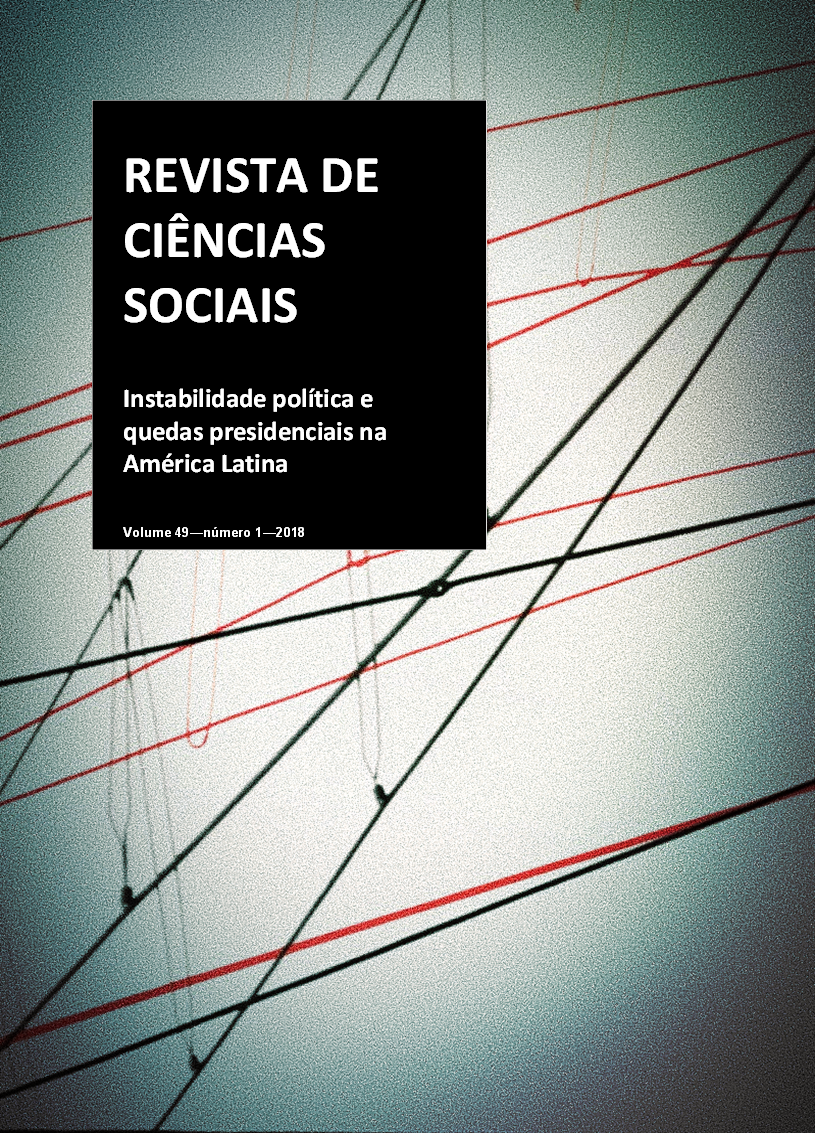Political Jurists and their Convictions: towards an anatomy of the juridical component in Brazil’s 2016’ Coup
Keywords:
2016’ Coup in Brazil, Judiciary, Political Jurists, Corruption, Morality, Civil SocietyAbstract
Through an inquiry on the protagonistic role played by “political jurists” in contemporary Brazil, the article provides an interpretation for the juridical component of the 2016’ Coup that founded Dilma Rousseff’s impeachment process. Anchored on methods of discourse analysis, this research takes as its main objects several public sphere interventions made by two of the most relevant characters that can be framed as “political jurists” in Brazil’s recent context: Luís Roberto Barroso, a Supreme Court judge, and Sergio Moro, a first instance judge. In spite of relevant differences on their modes of speech, public discourses show two lines of convergence that were crucial for the making of the Coup’s ideological context: a) the legitimation of a widespread judicial offensive over politics and society, broadening the scope of the “fight against corruption” through a de-legitimation of political actors and institutions; b) the idealization of an “organized civil society”, which would turn itself against the Brazilian State’s renitent vices in a movement that links the desired virtuous reform of political and social relations to an affirmation of the market’s alleged socializing powers.Downloads
Published
How to Cite
Issue
Section
License
Autores que publicam nesta revista concordam com os seguintes termos:- Autores mantém os direitos autorais e concedem à revista o direito de primeira publicação, com o trabalho simultaneamente licenciado sob a Creative Commons Attribution License, que permite o compartilhamento do trabalho com reconhecimento da autoria do trabalho e publicação inicial nesta revista.
- Autores têm autorização para assumir contratos adicionais separadamente, para distribuição não-exclusiva da versão do trabalho publicada nesta revista (ex.: publicar em repositório institucional ou como capítulo de livro), com reconhecimento de autoria e publicação inicial nesta revista.
- Autores têm permissão e são estimulados a publicar e distribuir seu trabalho online (ex.: em repositórios institucionais ou na sua página pessoal) a qualquer ponto antes ou durante o processo editorial, já que isso pode gerar alterações produtivas, bem como aumentar o impacto e a citação do trabalho publicado (Veja O Efeito do Acesso Livre).



